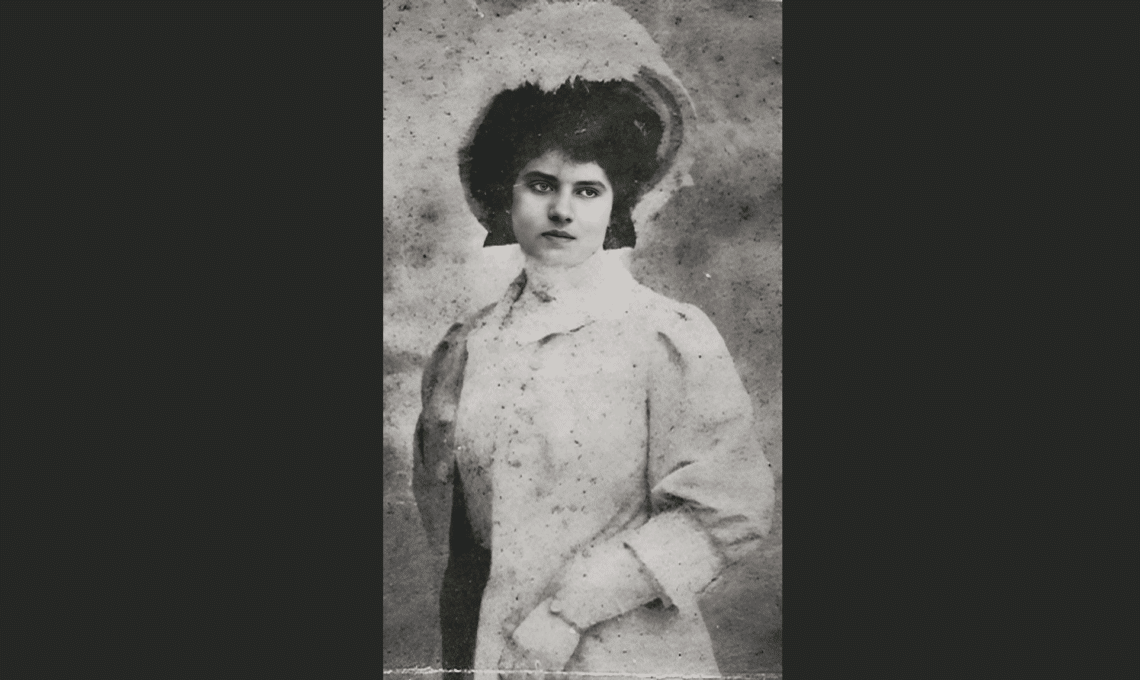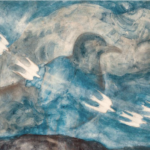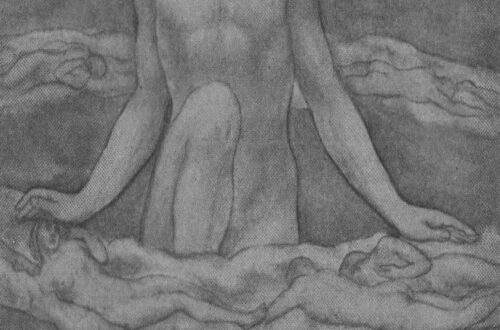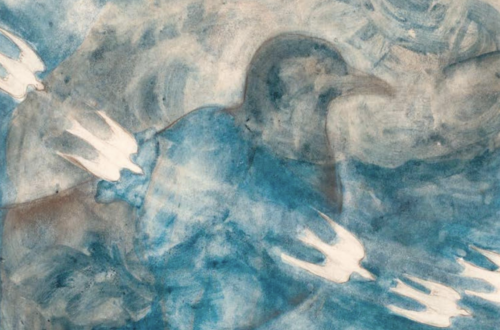
Desdemona’s Tears rain down for another than she
In recent times, I have been working both on translating May Ziadeh’s poetry and publication of Cinthio’s Desdemona: The Story that Inspired Othello. With both their stories on my mind, I thought to write the poem below. In this poem, I follow Cinthio’s version of Desdemona’s story, rather than Shakespeare. The figure of Scheherazad appeared in my commentary for Cinthio’s Desdemona. The reference to Cassandra honours May Ziadeh’s own poetry, which itself draws on ancient Greek mythology. I have published translations of three of May’s poems: Eyes, the Child and I, and Where is My Country?
Desdemona’s Tears
[In memory of May Ziadeh]
My tears are not for me, I weep for thee,
O May. Like Scheherazad, radiant bright,
A healing balm for the madness in men’s hearts.
Iago slew me with three cruel and mighty blows,
Your death was compassed with a thousand vicious cuts.
Like mendicants they gathered at your door,
Passing over the sacred words inscribed upon your floor,
They entered your magic salon and reborn within,
You sent them forth adorned in precious gems.
Astonished by the transcendent beauty,
Of your mind, men stood in awe, yet lusted
Only for your nakedness, they never saw.
Gibran, across the ocean knew your worth,
And the forests and streams of Lebanon,
Were your haunt, days spent by Nile’s sacred banks,
Nights under the stars of heaven by the Sphinx,
Wondering who we are, where we come and whence …
Like Cassandra you saw too well; and knew yourself alone.
The happiness that others shared never to be your own,
Your own demise and the bitterness of a land of endless war,
Vanishing moments with everlasting beauty sown,
Reaching beyond to the universal that you saw.
Othello’s betrayal was worse to me
Than any blow, and you too were betrayed
By those who swore their love, and friends
Who in better times had waited by your door
But then abandoned you a ‘prisoned sparrow
Immured behind a wall.
Image
May Ziadeh in her early twenties (c. 1910)








